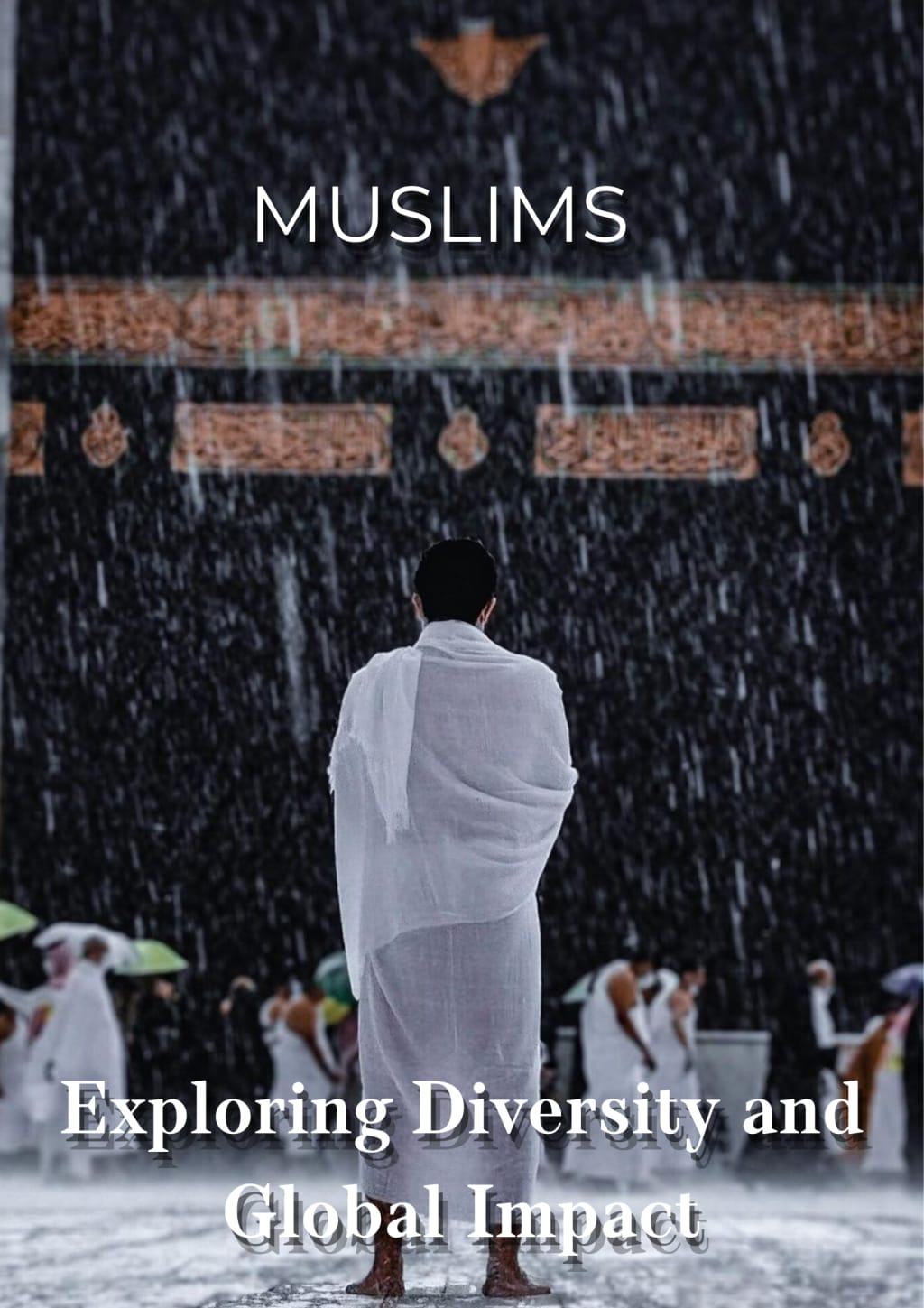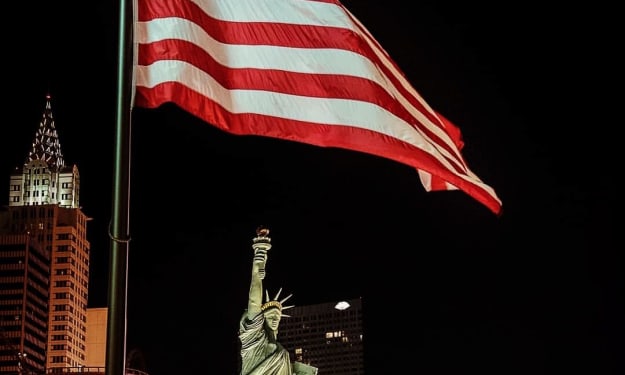Unveiling the Diversity and Contributions of the Muslim Community
Exploring Diversity and Global Impact

The Muslim community, with its rich history and diverse cultural expressions, encompasses a significant portion of the world's population. From the early days of Islam to the present, Muslims have made lasting contributions to various fields and have played a crucial role in shaping global civilization. This article aims to explore the multifaceted aspects of the Muslim community, shedding light on its beliefs, practices, cultural heritage, and societal contributions.
The Founding of Islam:
The foundation of Islam dates back to the 7th century when the Prophet Muhammad received revelations from God, which were later compiled into the Quran. The message of Islam emphasizes monotheism, social justice, compassion, and the pursuit of knowledge. The early Muslim community, known as the ummah, established a society based on principles of egalitarianism and ethical conduct.
Diversity within the Muslim Community:
The Muslim community is incredibly diverse, encompassing people from different ethnicities, cultures, and geographic regions. Muslims are found in every corner of the world, with significant populations in the Middle East, South Asia, Southeast Asia, Africa, Europe, and the Americas. This diversity is reflected in the myriad of cultural practices, languages, and artistic expressions within the Muslim world.
Five Pillars of Islam:
The core tenets of Islam are encapsulated in the Five Pillars, which serve as the foundation of Muslim belief and practice. These pillars include the declaration of faith (Shahada), ritual prayer (Salat), giving to charity (Zakat), fasting during the month of Ramadan (Sawm), and the pilgrimage to Mecca (Hajj). Observance of these pillars varies among Muslims, influenced by cultural and regional traditions.
Islamic Art, Architecture, and Literature:
Muslims have made immense contributions to art, architecture, and literature throughout history. Islamic art is characterized by intricate calligraphy, geometric patterns, and arabesque designs. Majestic mosques, palaces, and historical sites stand as testaments to the exquisite architectural heritage of the Muslim world. Additionally, Muslim scholars and poets have produced remarkable literary works, with notable contributions from figures such as Rumi, Ibn Arabi, and Al-Farabi.
Scientific and Intellectual Advancements:
During the Islamic Golden Age, which spanned from the 8th to the 14th centuries, Muslim scholars made groundbreaking contributions to various fields, including mathematics, astronomy, medicine, philosophy, and literature. Works by luminaries such as Al-Khwarizmi, Ibn Sina, and Ibn Rushd laid the foundation for scientific progress in the medieval world, influencing subsequent European Renaissance.
Contributions to Global Society:
Muslims have made significant contributions to humanity in various domains. The fields of medicine, mathematics, architecture, literature, and philosophy owe much to Muslim scholars and their pioneering works. Additionally, Islamic principles of social justice, charity, and compassion have motivated countless Muslims to engage in philanthropy, humanitarian efforts, and advocacy for social change.
Challenging Stereotypes and Building Understanding:
Unfortunately, the Muslim community has often been subject to stereotypes and misconceptions, perpetuated by limited understanding and media portrayals. It is crucial to challenge these stereotypes by promoting dialogue, education, and interfaith engagement. By fostering mutual respect and understanding, we can celebrate the diversity and contributions of the Muslim community while building bridges of cooperation and harmony.
The Muslim community encompasses a diverse range of cultures, languages, and expressions, shaped by a shared faith and values. From its rich history to its intellectual contributions and cultural achievements, the Muslim world has left an indelible mark on human civilization. By embracing the diversity and understanding the multifaceted aspects of the Muslim community, we can foster a more inclusive and harmonious world






Comments
There are no comments for this story
Be the first to respond and start the conversation.